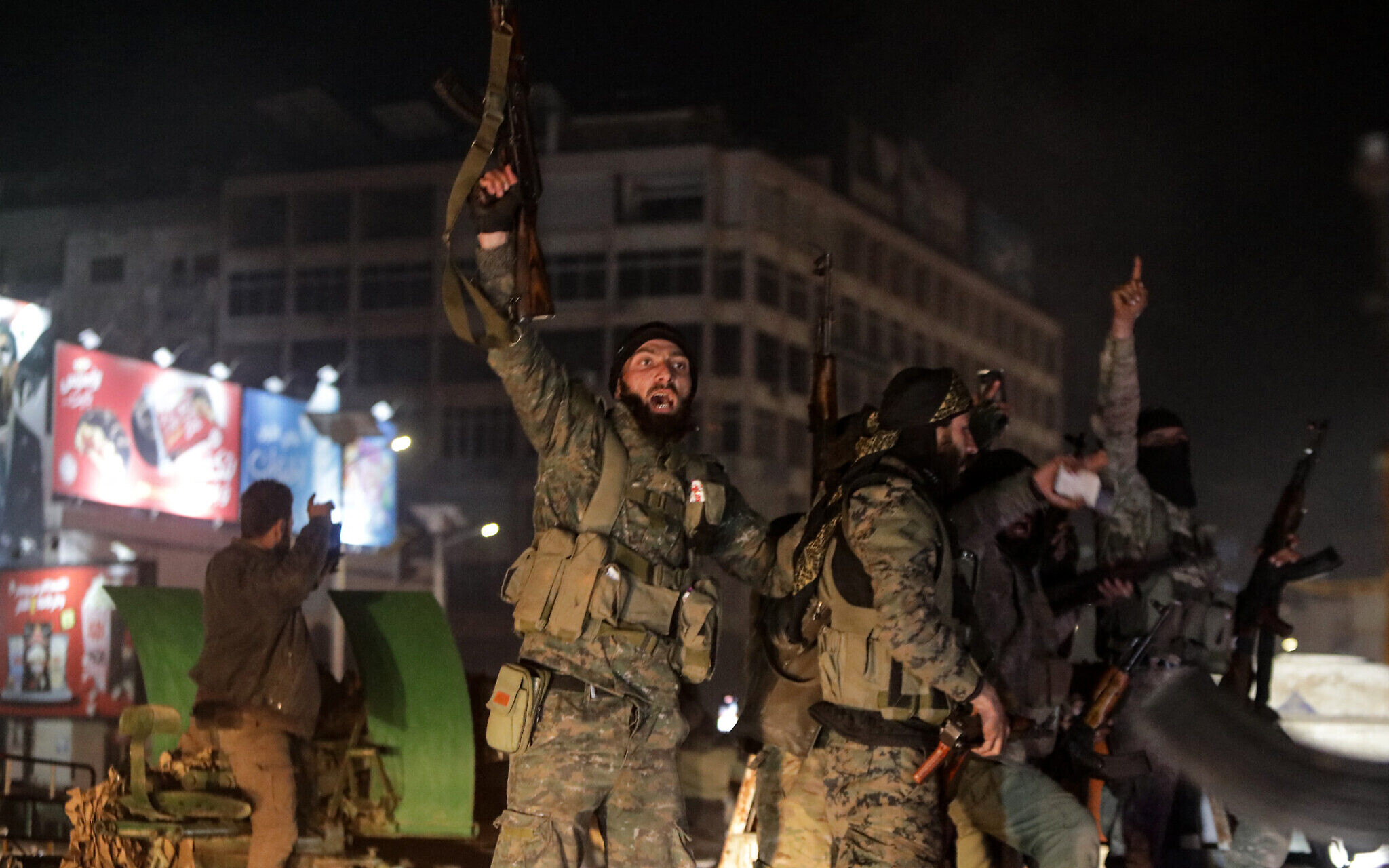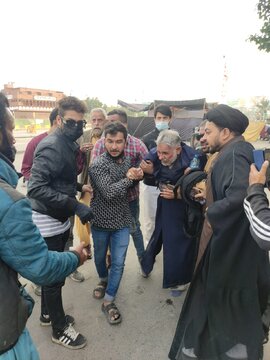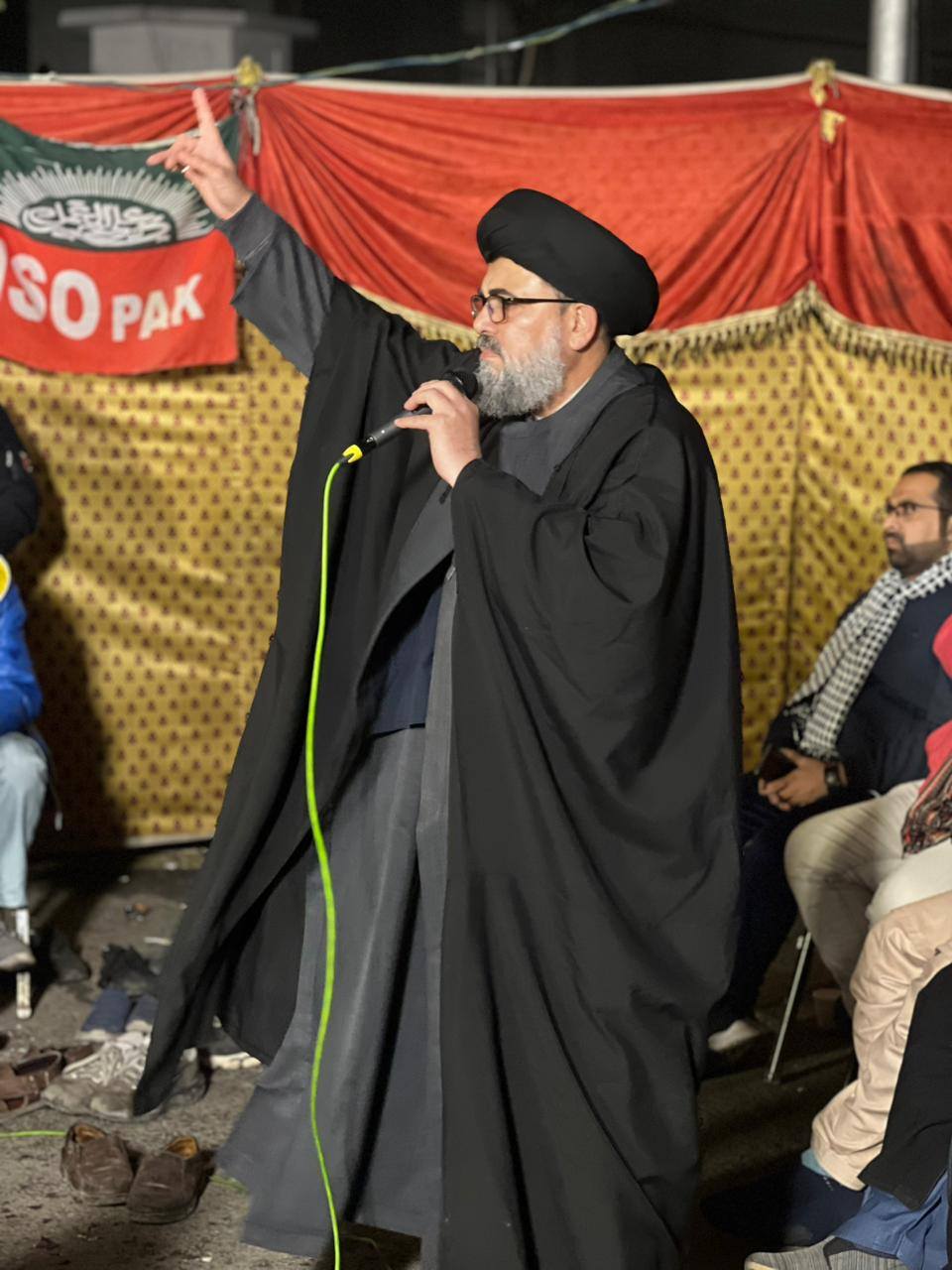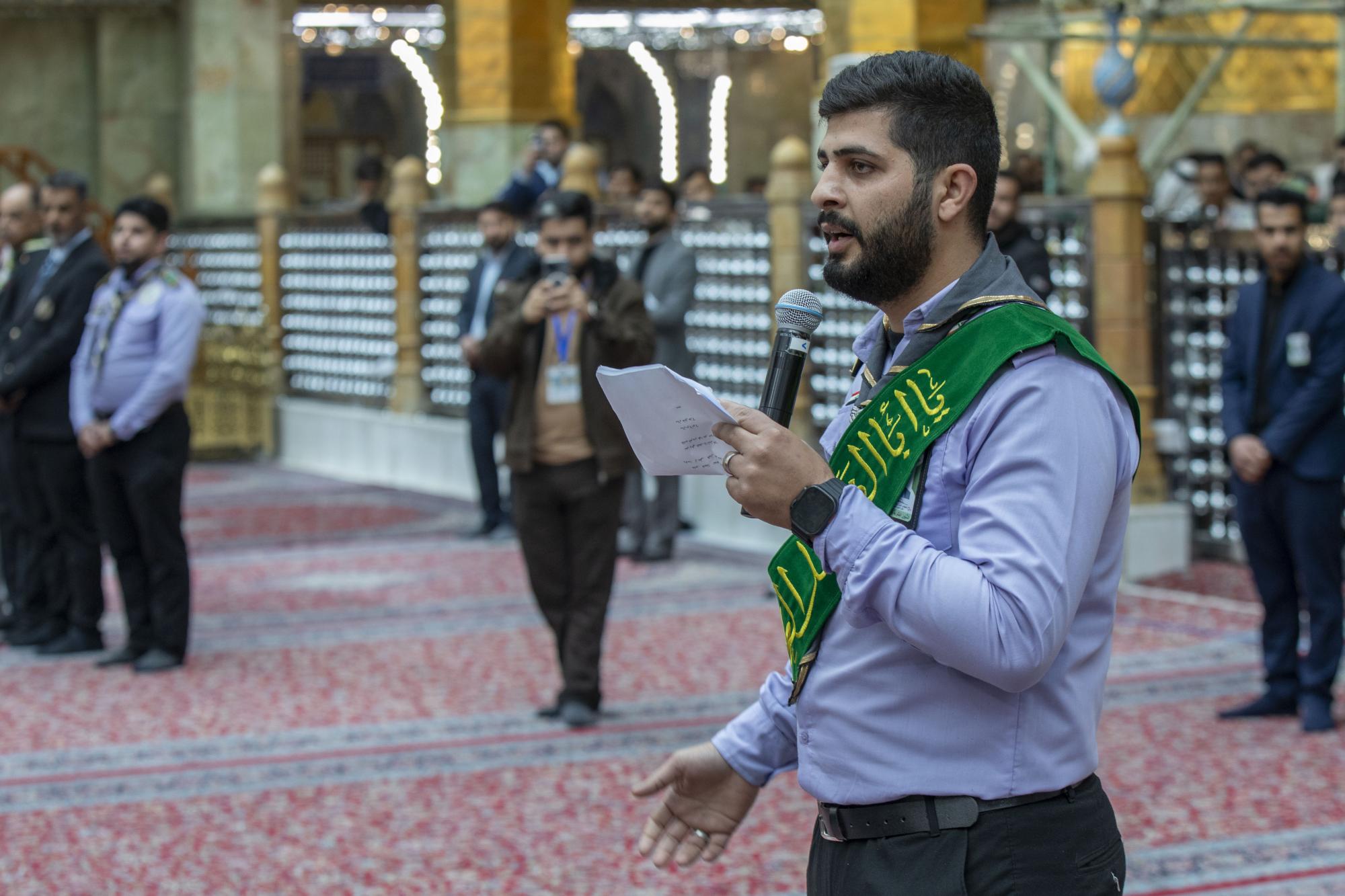Though the name of Tahrir Al-Sham is more highlighted than others in toppling of al-Assad government, the coalition is a composition of over 80 takfiri and ideologic groups that have no same view to Syrian developments post-Assad. Regardless of the share seeking after al-Assad collapse, the question is how much the Syrian developments after al-Assad are threatening or beneficial to Israel.
Who will want shares in new Syria?
Before we examine the threats to or interests for Israel in the new Syrian situation, it would be better to look at the composition of the winning opposition in the Arab country. In general, the claimants of power in post-Assad Syria can be divided in three categories:
Armed takfiri groups: There is no doubt that the armed takfiri groups will be the largest bloc claiming power in Syria after Bashar al-Assad. The Tahrir al-Sham Front has presented the largest unified figure among the armed takfiri groups, and its leader, Abu Mohammad al-Jolani, has been leading the opposition groups advancing towards Damascus over the past week. At the time of the fall of Assad, al-Jolani also announced the advance towards Damascus and the beginning of the work of the rebel groups in Damascus in his statements and videos, and in a way he is leading the ruling opposition movement in Syria. Raising Turkish flag by the takfiri Tahrir Al-Sham fighters in the Aleppo Citadel last week showed that the takfiris rely heavily on the support of Turkey's Erdogan government.
Secular armed groups: The main secular armed groups are composed of former soldiers and members of the Syrian army who, in 2011, defected from al-Assad's army and announced the establishment of the Free Syrian Army (FSA). This group has very close ties to Turkey and its military equipment enters Syria directly from the Turkish border. It seems that the secular FSA was allied with other Tahrir Al-Sham during the advance towards Damascus to overthrow al-Assad, but it is yet to be clear if this alliance will continue.
Kurdish armed groups: Kurdish groups are the third group of Syrian opposition that, despite some occasional alliances with the government of al-Assad, have always drawn their line within the opposition. Mazloum Abdi, commander of the Kurdish-led Syrian Democratic Forces, welcomed the fall of al-Assad's government in a statement early Sunday.
Armed rebels and Israel
Given the power gain of armed rebels and opposition groups, which appear to be mainly from among the takfiri groups, it is likely that the Israeli regime will adjust its actions against Syria in light of rise of takfiri, not secular, opposition.
After announcement of al-Assad's fall, the Israeli army immediately deployed its forces to parts of Syria's Golan Heights and occupied areas close to the line of ceasefire with Syria under the ruse of a buffer zone. This Israeli action means that Tel Aviv thinks that the consequences of what is happening in Syria will impact Israel.
Understanding the history and context of the relationship between some of the takfiri armed rebel groups and Israel is not that complicated. The Jerusalem Post, in its latest report on the relationship between Israel and Syrian takfiris, acknowledged that during the Syrian civil war in 2011, the takfiri rebels took control of part of the border with Israel in Daraa, which in 2015 led to a number of wounded Syrians being transferred to Israel for treatment. The takfiri rebel groups that controlled the areas around Daraa had ties to Jordan and enjoyed Western support. This means that they generally have better relations with the West than Hayat Tahrir Al-Sham in Idlib.
During the recent Syria developments and advances to Damascus, some footages appeared to show takfiri fighters trampling Palestinian flag. This is way meaningful and important to the Israelis since a group of takfiri rebels will not allow armed groups close to Iran and Hezbollah near Golan border and this is favorable to Tel Aviv.
At the same time, it should be taken into account that the armed opposition groups are not similar and there may be among them those who raise the need for struggle against Israel.
Therefore, we can conclude that the power gain of the rebel groups in Syria can work like a double-edged sword for Israel.
/129





